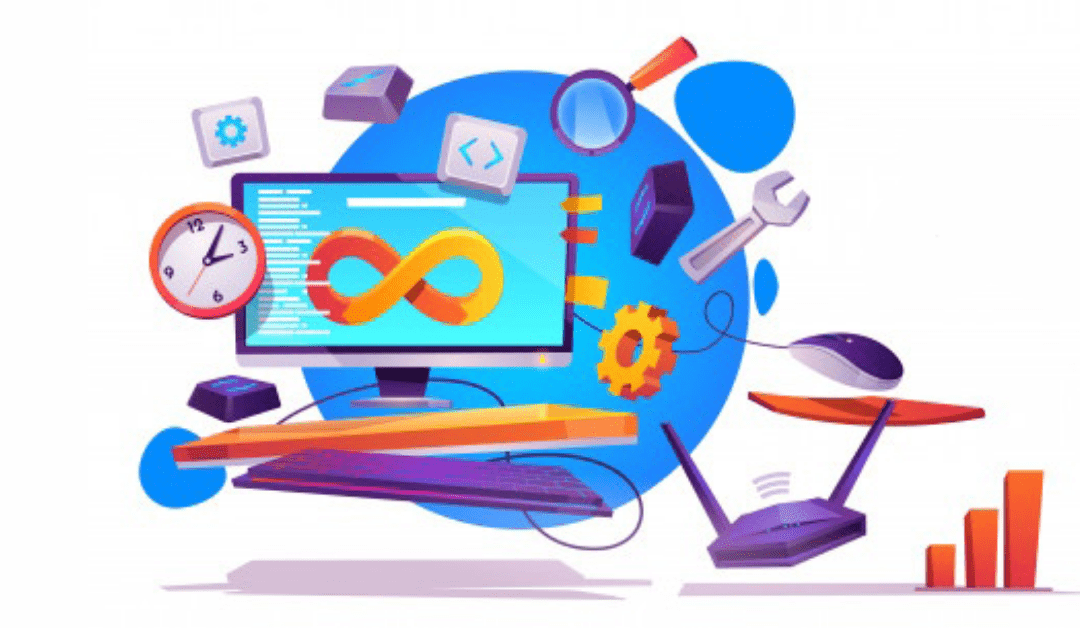The purpose behind developing a minimum viable product (MVP) is to understand the customer behavior about the product and learn maximum. Learning as well as understanding should be a continuous process that requires a development process that adds value. As soon as you finalize to create the MVP, you would realize that it has to be a quick process. This is where DevOps plays a crucial role because it does justice when it comes to accelerating the IT processes. Implementing the DevOps method in your MVP development requires the following:
- Plan the tasks appropriately that the new methodology aims to solve.
- Always discuss the solution with your team and take their feedback. Finalize the automation tools as per the majority’s opinion for implementation
- Start automating small-scale IT processes
- Regularly analyze the metrics
- Introduce and review the latest tools if your DevOps process is getting aligned with the methodology
As you implement DevOps successfully in your startup to develop your product, you can derive several benefits out of it. It gives you the ability for a simplified way of product development, accelerates the user’s connection, automates the IT processes, and seamless communication amongst teams.
Let’s dig deep into the DevOps role in MVP development.
DevOps and MVP development:
- Get continuous updates: As you build the MVP by keeping the customer’s preferences in mind, developers tend to have a great understanding of their customers’ requirements. But even developers don’t have the correct criteria to be sure of what customers would require. At such a point, MVP is helpful to understand the market and customers’ behavior. And, with the help of DevOps, you can continuously integrate and continuously deliver with the help of tools. This helps in updating the MVP quickly based on the dynamic situations.
- Microservices in DevOps: With microservices, you can break your application into various parts. Leveraging microservices help in updating purposes, maintaining purposes, and bug-fixing purposes, as all these processes are simplified and managed with ease. When you use it for MVP, it will help in the easier edition of features sets to regularly meet the customer’s expectations. It develops a seamless collaboration in the organization where the different teams come together to give better outputs, thus accelerating the MVP development.
- DevOps and automation: While building the MVP, automation plays a crucial role. It gives operational agility and accelerates the speed of routine tasks. Adopting DevOps automation for MVP development helps in making the features and deployments faster in a short time.
Even for upscaling purposes, the server created by infrastructure as code can be used. For MVP’s deployment purposes, DevOps with IAC can be utilized in expediting the applications development and deployment. The CI/CD tools ensure that the teams are communicating and collaborating properly. Thus, leveraging DevOps while right from the beginning of MVP development will produce great results. And, using DevOps for MVP development would be the best decision for any organization.
